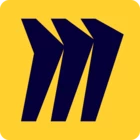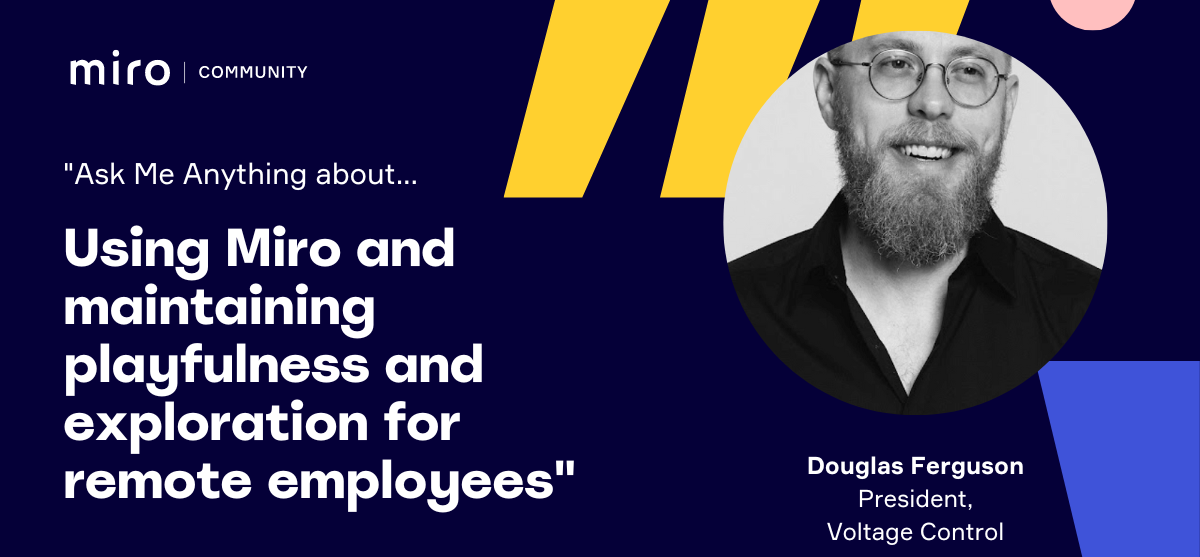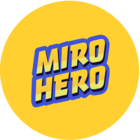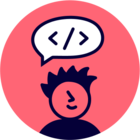Douglas Ferguson is the founder and president of Voltage Control, an Austin-based change agency that helps enterprises spark, accelerate, and sustain innovation. He specializes in helping teams work better together through participatory decision-making and design-inspired facilitation techniques. He is the author of Magical Meetings, Beyond the Prototype, How to Remix Anything, and Start Within.
Ask Douglas About...
-
Maintaining playfulness and exploration for remote employees
-
Creative tools that innovate build real, meaningful relationships, and foster connection
-
Design-inspired facilitation techniques
-
Being a founder & author
-
Miro tips + tricks
🔗 Missed Douglas at Distributed ‘22? Watch his session recording here.
💡 Make sure to check out more from Douglas with Voltage Control’s Miro templates and the podcast.
Question, comment, and like below👇🏿







